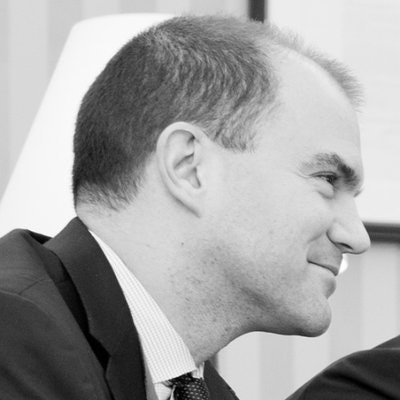

“In Singapore,” writes Rhodes, who traveled the world to write this book, “a senior government official told me casually over drinks that Asia had moved on from America-speaking as if this gleaming capitalist construction had almost been seamlessly handed off to the Chinese.” Meanwhile, other global leaders behaved like Trump-notably Hungary’s Viktor Orbán, who was once an anti-communist liberal but found more opportunities to exercise power as a nationalist, quietly suppressing opposition while keeping the beer flowing. With that diminution, other nations rose: Putin’s Russia, but especially Xi Jinping’s China. “To be an American in 2020 was to live in a country diminished in the world,” he writes. “In the span of just thirty years, this assumption would come crashing down,” he adds, undermined by the very thing that had heralded greatness: a robust capitalism that produced global inequality, undermined the working class, and encouraged official corruption. The assumption that America was somehow different from the rest of the world was an article of faith in his childhood, writes Rhodes. A former Obama administration adviser examines the slow fall from grace that led to Trump.


 0 kommentar(er)
0 kommentar(er)
